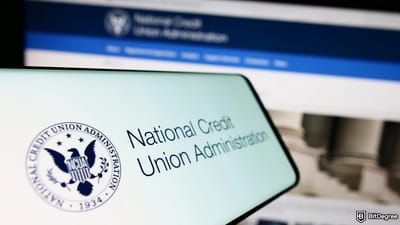Stop overpaying - start transferring money with Ogvio. Sign up, invite friends & grab Rewards now! 🎁
Robinhood Faces EU Heat Over Tokens With No Real Equity Stake
Key Takeaways
- Lithuania’s central bank is investigating Robinhood after OpenAI said its tokens don’t offer real ownership in the company;
- Regulators requested details on how Robinhood’s OpenAI and SpaceX tokens are structured and promoted;
- Analysts stated that the tokens track company value but offer no real shares or voting rights to buyers.
European regulators have begun investigating Robinhood’s stock token products after OpenAI informed investors that the company’s "OpenAI tokens" do not give any ownership in the firm.
This warning, issued directly by OpenAI, led Lithuania’s central bank to open an inquiry, according to a July 7 report by CNBC.
The Bank of Lithuania, which oversees Robinhood’s operations in the region, has asked the company to explain how its tokens work and how they are marketed.

Did you know?
Subscribe - We publish new crypto explainer videos every week!
How to Store NFTs in 2023 (3 Most Secure Ways Explained)


A spokesperson for the bank, Giedrius Šniukas, said they would assess the situation only after reviewing the information provided.
Robinhood’s token program launched on June 30 alongside a new blockchain platform designed to support these digital securities in Europe. The company plans to roll out over 200 tokens tied to US stocks and exchange-traded funds (ETFs).
However, the controversy is not about those public stock tokens, but focuses instead on private equity tokens linked to OpenAI and SpaceX, two companies that are not listed on public stock markets.
These private tokens are based on estimated valuations rather than actual stock prices. Analysts from Galaxy Research stated that these products are essentially contracts that follow the value of the companies but do not give any real ownership or voting rights.
Meanwhile, the Securities Industry and Financial Markets Association (SIFMA) recently asked the US Securities and Exchange Commission (SEC) to reject crypto firms’ bids to issue tokenized stocks under relaxed rules. What did it say? Read the full story.




















